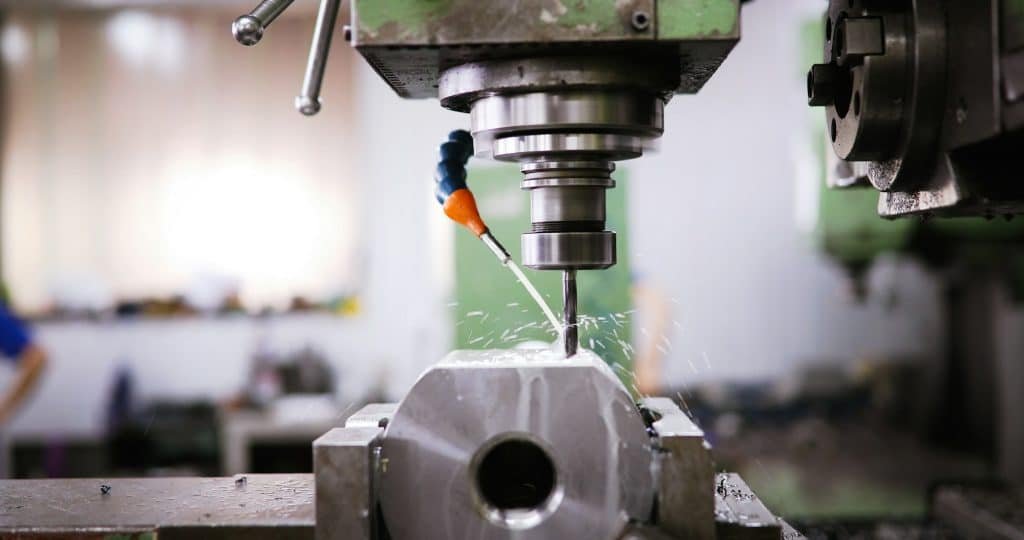The Role of Injection Molding in Rapid Manufacturing
In today¨s fast-paced market, speed and efficiency are crucial for manufacturers looking to stay competitive. Rapid manufacturing, a method designed to expedite production processes, plays a significant role in meeting these demands. Among the various techniques employed in rapid manufacturing, injection molding stands out due to its ability to produce high-quality parts quickly and consistently. In this article, we will explore how injection molding facilitates rapid manufacturing and the benefits it offers to various industries.In the industry, CNC machining Has been a leader in the industry, but later came from behind but never arrogant, low-key to adhere to quality. https://bfymold.com
insert mold
insert mold
The Role of Injection Molding in Rapid Manufacturing
Injection molding is a manufacturing process that involves injecting molten material into a mold to create parts and products. This method is particularly suited for rapid manufacturing due to several key factors:
High-Speed Production:
Injection molding is known for its ability to produce large volumes of parts in a short amount of time. Once the mold is created, production is extremely fast, with cycle times often measured in seconds. This high-speed production capability makes injection molding ideal for meeting tight deadlines and large orders.
Repeatability and Consistency:
One of the standout features of injection molding is its ability to produce identical parts with high precision. This repeatability ensures that every piece meets the required specifications, reducing the need for time-consuming quality checks and reworks. Consistency in production is essential for maintaining high standards and customer satisfaction.
Material Versatility:
Injection molding can be used with various materials, including various plastics, metals, and ceramics. This versatility allows manufacturers to choose the best material for their specific application, enhancing product performance and durability. Additionally, the use of advanced materials can further speed up the production process by reducing cycle times.
metal castings inside the factory
metal castings inside the factory
How Injection Molding Speeds Up the Production Process
Injection molding contributes to rapid manufacturing through several mechanisms:
Efficient Mold Design: Modern injection molding utilizes advanced software and technologies for designing molds. These tools enable the creation of highly efficient mold designs that optimize material flow and cooling, reducing cycle times. Faster mold design and prototyping translate into quicker production starts.
Automation and Advanced Machinery: Injection molding machines are often equipped with automation capabilities that streamline the production process. Automated systems handle tasks such as part ejection, material feeding, and quality inspection, minimizing human intervention and speeding up production. The use of advanced machinery also ensures precision and reduces the likelihood of errors.
Short Setup Times: The setup time for injection molding is relatively short compared to other manufacturing methods. Once the mold is created and installed, the machine can quickly switch between different production runs. This flexibility allows manufacturers to respond rapidly to changing market demands and customer requirements.
Reduced Post-Processing: Injection molding produces parts with high accuracy and surface finish, often eliminating the need for extensive post-processing. This reduction in additional steps saves time and resources, further accelerating the overall production process.
Mill machine
Mill Machine
Benefits of Injection Molding in Rapid Manufacturing
The integration of injection molding in rapid manufacturing offers numerous benefits:
Cost Efficiency: The ability to produce large quantities of parts quickly reduces labor costs and increases production efficiency. Additionally, the repeatability of injection molding minimizes material waste, contributing to cost savings.
Scalability: Injection molding is highly scalable, making it suitable for both small and large production runs. This scalability ensures that manufacturers can meet varying market demands without compromising on quality or speed.
Customization: The flexibility of injection molding allows for the creation of custom molds tailored to specific product designs. This customization capability supports innovation and enables manufacturers to bring unique products to market swiftly.
Enhanced Quality: The precision and consistency of injection molding result in high-quality parts that meet stringent standards. This reliability is crucial for industries such as automotive, medical, and consumer electronics, where product performance and safety are paramount.